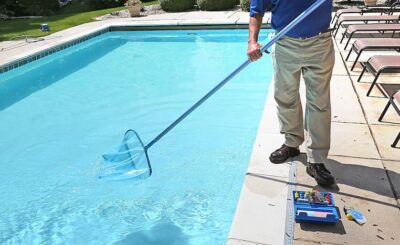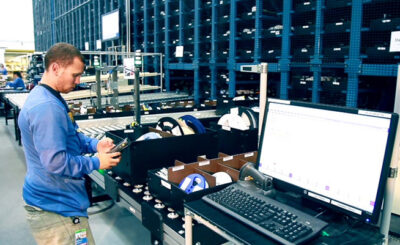Making mistakes is a normal part of developing as a human being. Most individuals have a gloomy outlook when they consider their past mistakes. Making blunders, however, is the surest way to learn where your skills, knowledge, and even you, yourself, stop being adequate. Learning how to bounce back from setbacks and use them to one’s advantage is an essential talent. So how would you learn from your mistakes?
Get Expert Advice from the Best
A Mistake Is…?
A blunder is an incorrect decision or inappropriate action. People’s inadvertent blunders often stem from simple arithmetic mistakes. It’s likely that you misjudged the situation or were missing a crucial piece of information despite your confidence in your own understanding. When people are thoughtless or forgetful, mistakes occur. Mistakes may also be seen subjectively; what one person considers to be a mistake, another may not.
The Importance of Examining Our Failed Attempts
As soon as you realise your mistake, you should strive to put it behind you and go on with your life so that you may escape the embarrassment that frequently comes with making mistakes. Yet slip-ups are unavoidable: If you can look at your failures as opportunities to grow as a person, you’ll be less likely to make the same errors again.
A willingness to grow from one’s mistakes is an invaluable quality, especially in one’s professional and personal relationships. The best way to earn someone’s trust is to show them that you’re willing to put in the work to become a better person. Reframing setbacks as learning opportunities may reduce the fear of failure and increase one’s self-confidence. If you’ve ever felt down after a loss, check out the tips that numerous MasterClass instructors have shared below.
What You Can Learn From Your Mistakes
Adopting the discipline to study your mistakes might improve your life in several ways. Here’s a step-by-step plan to help you gain wisdom from your missteps:
Accept and acknowledge your flaws.
You have to accept that you were incorrect before you can learn anything from the situation. Someone should be apologised to if they were hurt by your mistake. Perhaps the person you wronged will appreciate your candour. By admitting guilt, you may relieve yourself of the burden of carrying the blame for your actions and the anxiety that comes with anticipating their consequences. Apologizing demonstrates your willingness to take responsibility and your want to improve, thus it’s crucial that you do so.
Transform your setbacks into learning experiences.
Depending on the severity of the mistake you just committed, you could feel the want to run away, hide, or try to shift the responsibility onto someone else. It’s possible to have sentiments of shame or humiliation. As a result, before to taking any further action, you should release yourself from blame. Acknowledge that you made a mistake out of ignorance and that you, like everyone else, will make mistakes in the future. Accept that you will make mistakes and refocus your energy on the goal of improving your process and preventing future slip-ups.







